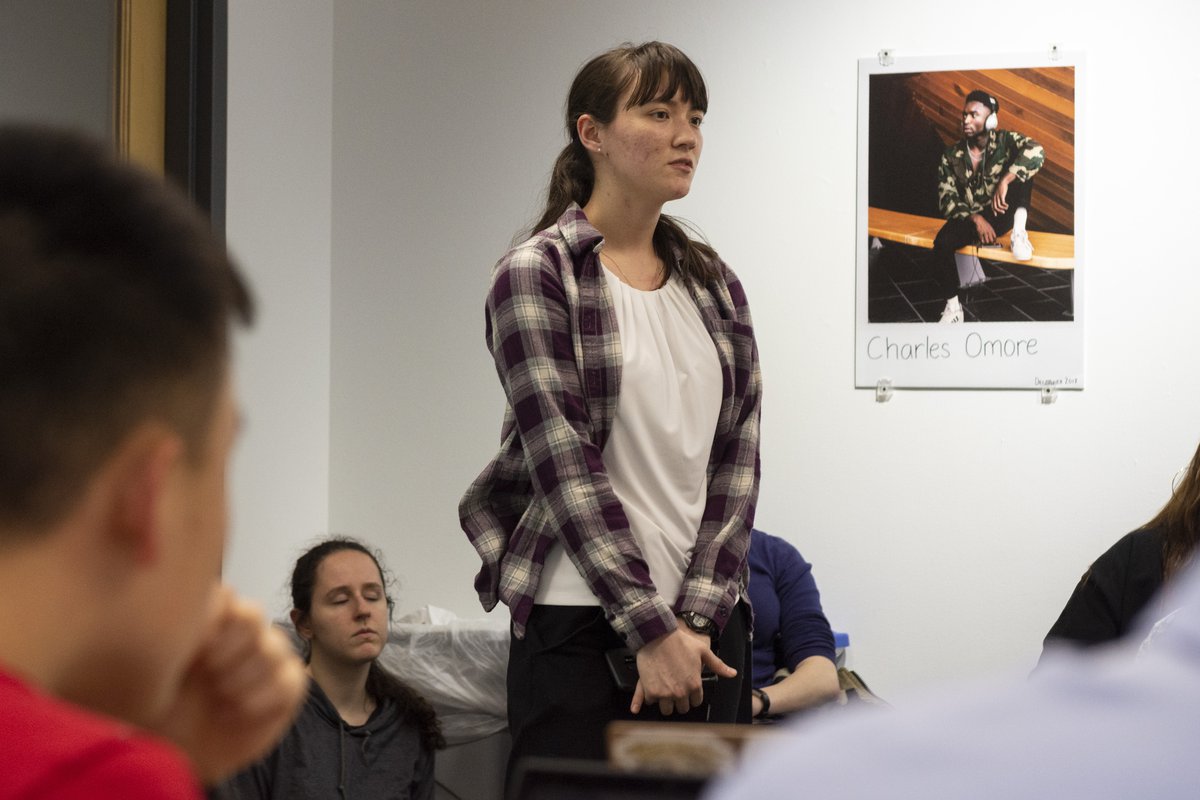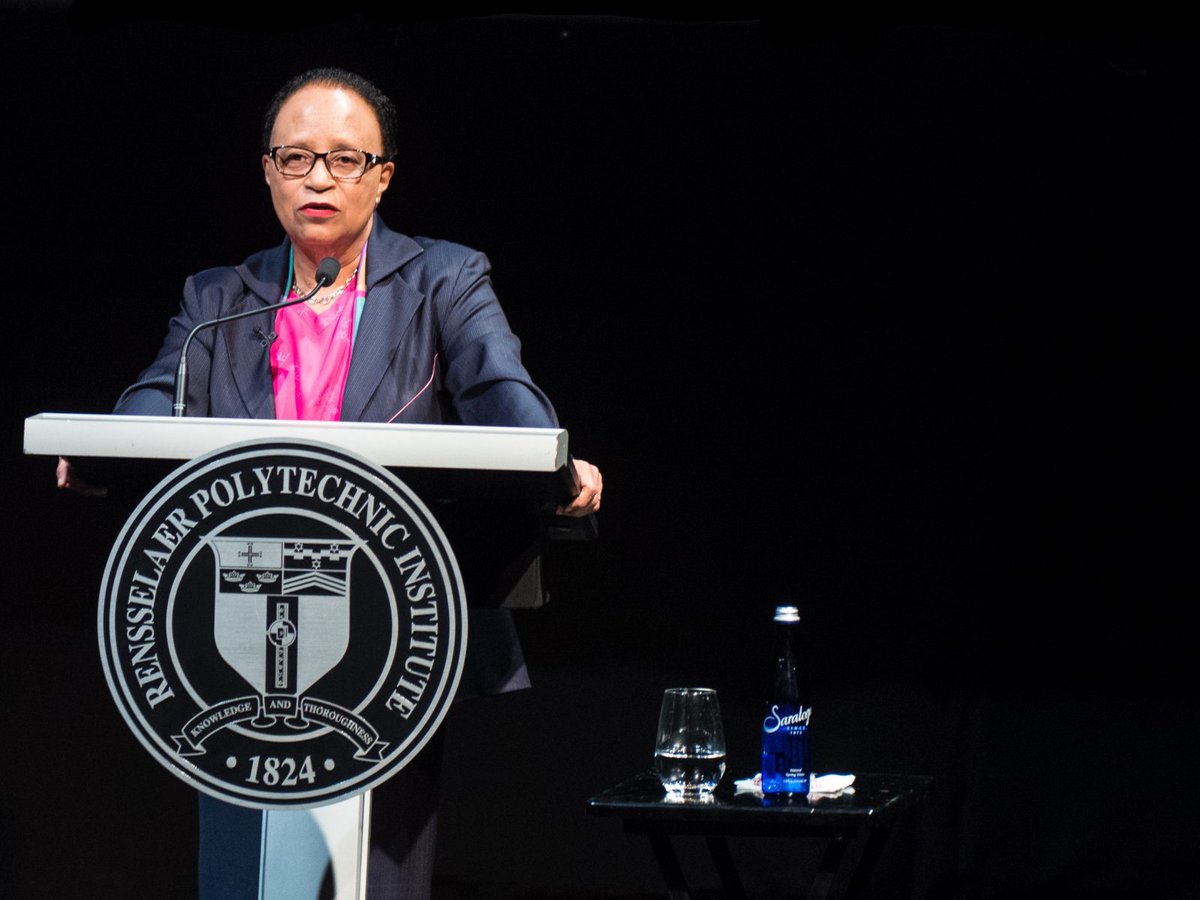Students angered by selective restrictions placed on multicultural events

While Big Red Freakout and Winter Carnival went on without a hitch, administrators placed severe restrictions on some students’ biggest events of the year, citing concerns with coronavirus. “It’s discriminatory and wrong,” said Multicultural Leadership Council member Sundjata Suma ’20 while discussing the issue in a meeting.
The Chinese American Students Association’s Lunar New Year celebration and the Chinese Student Scholars Association’s lantern festival were postponed. The Black Student Alliance’s Night of Free Expression and the African Students Association’s Night of Rhythm were restricted to only Rensselaer students. All organizations were only notified of these circumstances within days of their events.
This decision to delay the Lunar New Year celebration angered the Chinese-American community on campus, which led CASA President Celia Chen ’20 to submit a bias incident report against the Rensselaer administration. This reaction was intensified when students in these clubs learned that other non-cultural events, such as Big Red Freakout, basketball games, the Spring Career Fair, and Winter Carnival were not restricted or postponed.
CASA was notified of the delay of the Lunar New Year celebration two days before it was originally planned to be held, which was February 1 in the East Campus Athletic Village practice gym. Chen said that the event’s delay is “bad from a cultural perspective,” since the actual holiday was on January 25. Lunar New Year is an important holiday for many students of East and Southeast Asian origin and celebrating it on campus is a way for students to connect with their culture and bring in the new year.
The Black Students Alliance and the African Students Association experienced heavy restrictions on the Night of Free Expression and the Night of Rhythm that weekend. Card readers were imposed at the entrances to prevent people other than RPI students from attending. This forced their leadership to turn away people who had already purchased tickets in advance or scheduled performers who were coming from other schools in the area.
During a Student Senate meeting, Eva Dibong mentioned that her Student Activities Resources Person relayed demands saying that attendance would be restricted to RPI students the night before the Night of Rhythm event and that ASA put up a sign asking if attendees had traveled to China within the past two weeks and if so, to not enter the room. They were also directed to discard all of the fruit platters they had already purchased.
The Chinese Students and Scholars Association, another multicultural group on campus comprised mainly of international Chinese students, was told to postpone their lantern festival scheduled on January 25, the same day as the Winter Carnival.
Although members of the Multicultural Leadership Council described the restrictions as being “discriminatory and wrong” during a roundtable, all of the organizations affected complied with these impositions.
“I don’t think the concerns are unreasonable because it is a health threat and I’ve seen reports like everyone else that [coronavirus is] more infectious than SARS and all the others. I don’t object to the postponement of events for the concern of campus safety, I do take issue when it’s selective,” said Chen to The Polytechnic.
Part of the apprehension about students who had recently traveled to China is due to the two-week gestation period of the coronavirus—a significant amount of time before any symptoms appear. However, the Lunar New Year celebration was scheduled to be held nearly three weeks after the beginning of the semester; by this time, any student who returned to campus before classes started likely would have started to show symptoms before this event.
The BSA and ASA events were also all held at least two weeks after the beginning of the semester. This led members of the Multicultural Leadership Council and the Student Senate to consider the administration’s actions to be illogical.
In an email apologizing to Chen for how her club was being treated, President of the Union Caitlin Kennedy said that “it should be all events or nothing.” During a discussion about this issue in the Senate on Monday, Grand Marshal Meagan Lettko said this “was not acceptable by any means.”
In response to concerns from BSA about the effect this may have on their fashion show at the end of the month, Lettko and other senators acknowledged that the Senate cannot stop administrators from canceling events. “We can definitely strongly express how ridiculous it is to notify groups a day before their event that they’ve been working tirelessly to plan,” said Lettko about a resolution that may come before the Senate next week.
Lettko also asked people present to share specific administrator’s names, saying that while a motion is a great place to start, they need to schedule meetings with these people as soon as possible.
“I just want to point out that there was a relatively large career fair that happened last week,” said Class of 2022 Senator Jeffrey Chai, which was met with laughter and snaps from the Senate. “I think the fact that that event was still going on without any of these precautions shows where the administration’s interests lie.”
Chen and Assistant Dean of Intervention Support Kristine Guzman met with Vice President of Student Life Peter Konwerski, Dean of Students Travis Apgar, and Director of the Union Charlie Potts to discuss the bias report and the delay of the celebration. Chen was told that if she wanted the event to happen, there would be many constraints.
The celebration is to be held off-campus at the Hilton Garden Inn for “the rest of the campus’ safety,” in Chen’s words, paraphrasing what she had been told by Konwerski.
The original restrictions included the presence of Union and health services staff and the exclusion of non-RPI students—including alumni—from attending. Although these specific restrictions have been relieved, attendees will now have to fill out a health form addressing their recent travel and health history, as well as their mode of transportation to the Lunar New Year celebration. RPI administrators told Chen that they have the authority to question the validity of these responses.
The only food being served will be provided by Sodexo instead of the authentic Chinese food that was originally planned and approved during last year’s budgeting season. CASA is complying with these instructions in order to keep the event.
The delay in the event affected the attendance of the event. Generally, Chen said that CASA’s Lunar New Year celebration attracts around 150 people with many alumni flying in to attend. Due to the rescheduling, most of these alumni cannot attend the celebration—some of which had already flown out for the original date—and many students who would have otherwise attended will be at home for the long President’s Day weekend.
Konwerski commented to Chen that had it been an Ebola outbreak, students in the ASA and BSA would have been affected with similar restrictions. According to Chen, Apgar himself only managed to learn the difference between the CSSA and CASA after multiple explanations. The Chinese Student Scholars Association is an organization for international Chinese students and the Chinese American Student Association is geared towards students of Chinese descent and students interested in Chinese culture.
Konwerski and Apgar did not respond to requests for comment.
Correction: February 25, 2020
An earlier version of this article had vague wording when talking about the source of the ASA restrictions. This could have led to the interpretation that their SARP was the source of the restrictions. The wording has been clarified to show that the source of the restrictions was not the ASA SARP. The Polytechnic apologizes to ASA for any confusion this has caused.
Correction: February 19, 2020
An earlier version of this article incorrectly said that Miciah Yehuda sent the email to ASA enforcing the restrictions on their event. However, Dibong did not specify which SARP sent those emails to her during the Senate meeting in which she spoke about this issue. The source of the emails has been removed, and The Polytechnic apologizes to Miciah for this misattribution.

 Town Meeting
Town Meeting
 Town Meeting
Town Meeting
 Academics
Academics